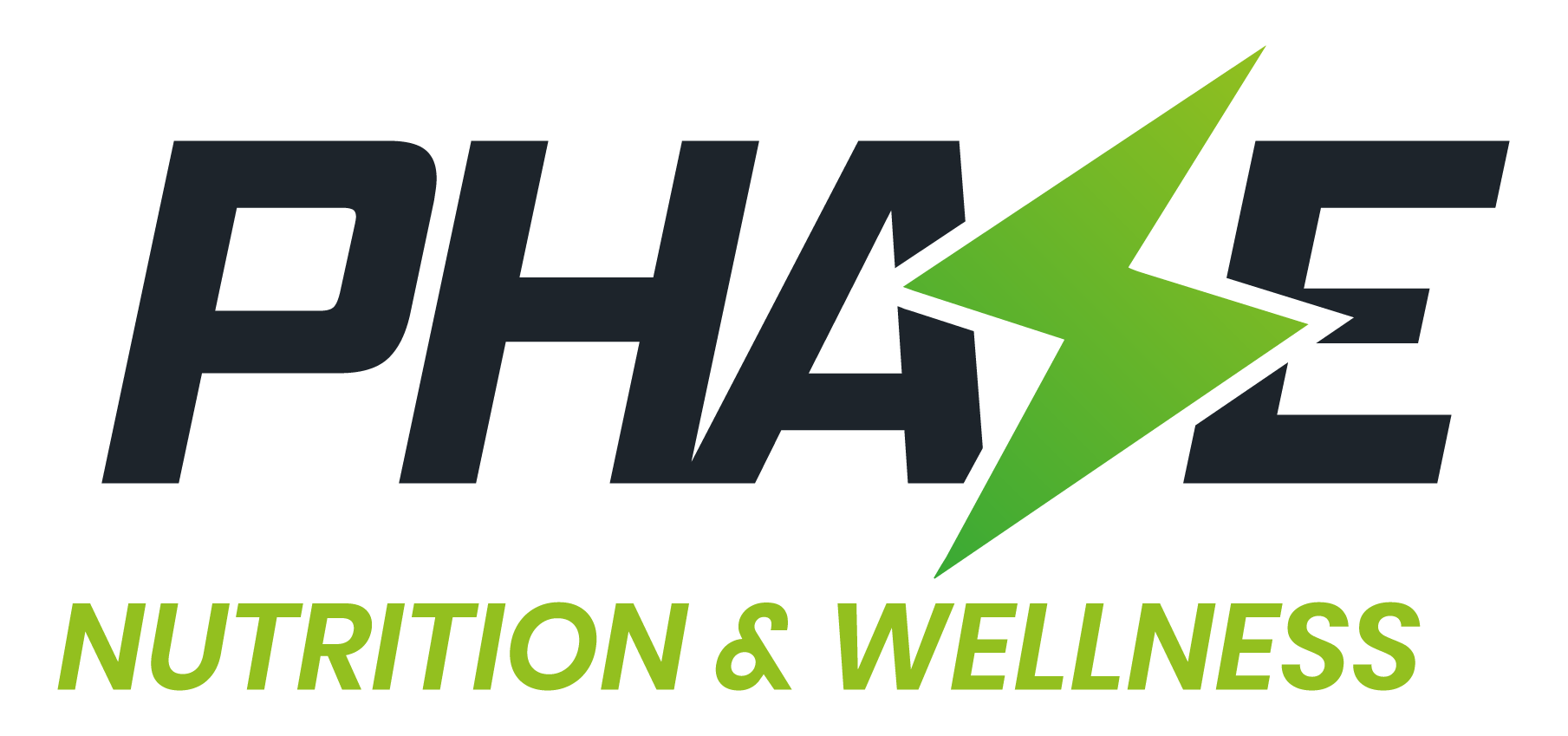Underweight Health Risks
Introduction
Being underweight or having poor nutrition can pose significant health risks. In this course topic, we will delve into these risks, explore how to identify underweight status and provide guidance on achieving a healthy weight and nutritional well-being.
Health Risks Associated with Being Underweight
Malnutrition, Vitamin Deficiencies, or Anemia
When you are underweight, it’s often an indication that you’re not consuming enough key nutrients to support your body’s vital functions. This deficiency can lead to malnutrition, characterised by imbalances in energy and nutrient intake.
Symptoms may include:
- Frequent illnesses and a weakened immune system.
- Fatigue and lack of energy.
- Irregular or missed menstrual cycles in females.
- Hair thinning or loss, dry skin, and dental issues.
Decreased Immune Function
Undernutrition, stemming from insufficient energy and macronutrient intake or specific micronutrient deficiencies, can compromise the immune system. This impairment affects the body’s ability to defend against illnesses and infections (Marcos et al., 2003).
Osteoporosis
Low body weight is associated with a higher risk of reduced bone mineral density (BMD) and osteoporosis. Research has shown that a substantial percentage of women with a BMI of 18.5 or lower have low BMD (Lim J, 2016).
Infertility
Several factors contribute to decreased fertility in underweight women, including low body fat, excessive exercise, and inadequate nutrition (Robinson, 2021). Low BMI scores are linked to increased risks of amenorrhea (absence of menstruation) and other menstrual cycle irregularities, which can lead to infertility. However, it’s essential to note that not all women with low BMIs experience fertility issues, and the impact of weight on fertility varies among individuals.
Factors Influencing Fertility
It’s important to understand that the relationship between BMI and fertility is not uniform for all underweight individuals. Women with low BMIs who maintain a balanced diet and do not engage in excessive exercise typically experience minimal fertility concerns related to their weight.
Guidance for Healthy Weight Gain
- Calculate Your BMI: Begin by calculating your Body Mass Index (BMI) as a starting point. However, remember that BMI is just a guideline and does not provide a complete picture of your health.
- Balanced Caloric Intake: Increase your caloric intake through a balanced and healthy diet. Focus on consuming appropriate proportions of proteins, healthy fats, and carbohydrates. This approach helps re-establish optimal body composition and body fat levels. Further information on this will be provided in the following module.
- Seek Support: If you have emotional issues related to eating or if you suspect an eating disorder, reach out to someone for support. Anxiety or stress may affect your eating habits and professional help is available.
- Monitor Menstrual Cycles: To assess any irregularities in your menstrual cycle, keep a record of when your period starts and ends. Numerous apps are available to assist with tracking menstrual cycles.
Being underweight and having poor nutrition can lead to various health risks, including malnutrition, immune system compromise, osteoporosis, and fertility issues. While BMI serves as an initial assessment tool, it should be used alongside a holistic approach to evaluate an individual’s well-being. Achieving a healthy weight and nutritional balance is crucial for overall health.
References
- Dobner J, Kaser S. Body mass index and the risk of infection – from underweight to obesity. Clin Microbiol Infect. 2018 Jan;24(1):24-28. doi: 10.1016/j.cmi.2017.02.013. Epub 2017 Feb 20. PMID: 28232162.
- Lim, J. and Park, H.S. (2016) “Relationship between underweight, bone mineral density and skeletal muscle index in premenopausal Korean women,” International Journal of Clinical Practice, 70(6), pp. 462–468. Available at: https://doi.org/10.1111/ijcp.12801.
- Marcos, A., Nova, E. and Montero, A. (2003) “Changes in the immune system are conditioned by nutrition,” European Journal of Clinical Nutrition, 57(S1). Available at: https://doi.org/10.1038/sj.ejcn.1601819.
- Robinson, C. (2021) How being underweight affects fertility, Fertility SA. Available at: https://fertilitysa.com.au/2021/08/19/how-being-underweight-affects-fertility/ (Accessed: November 10, 2022).
